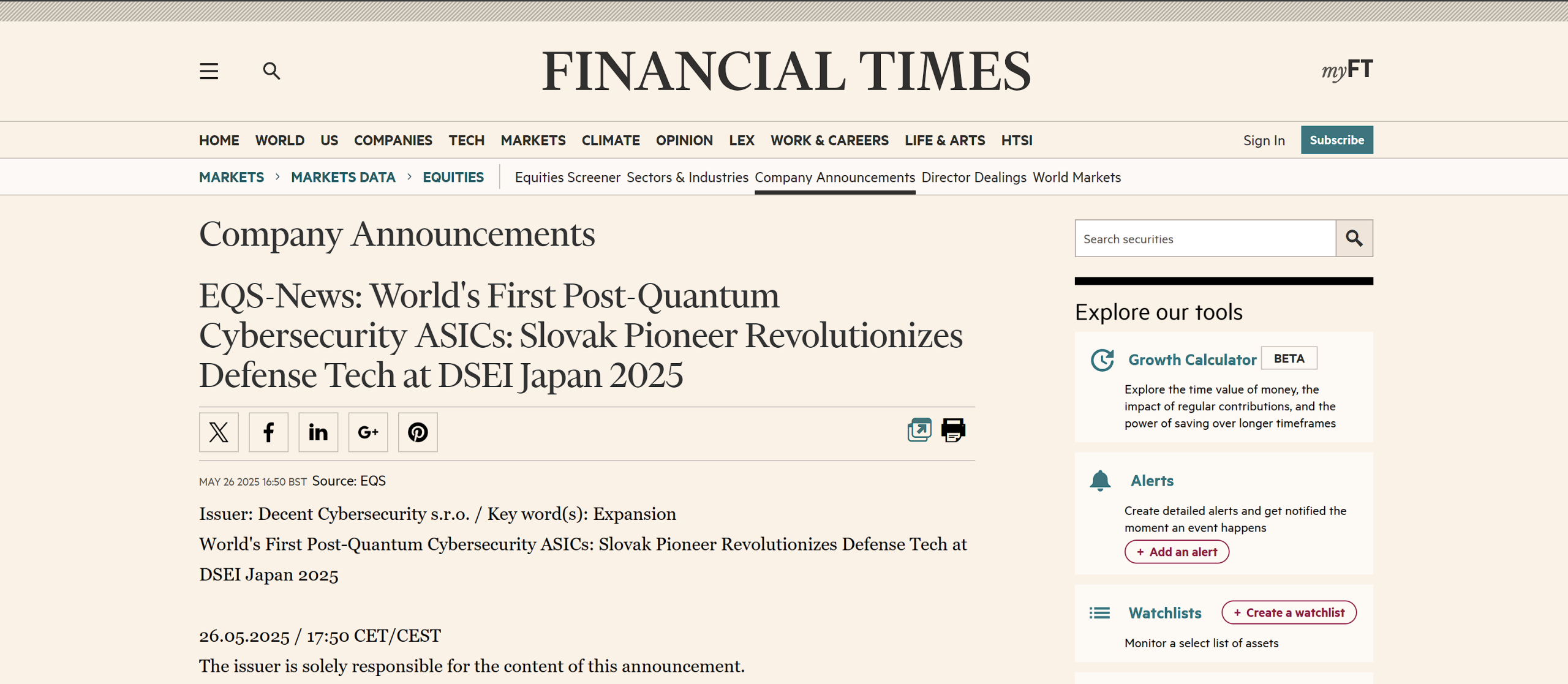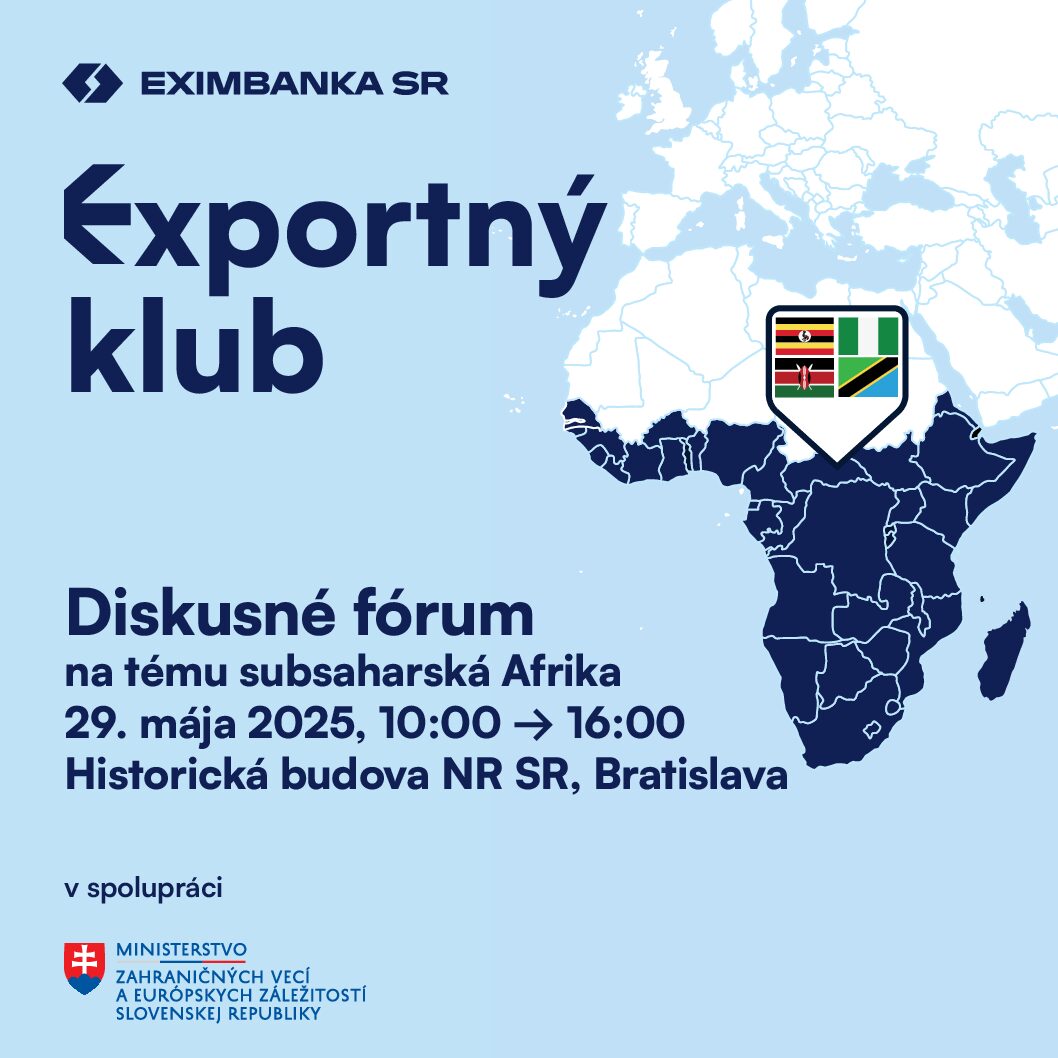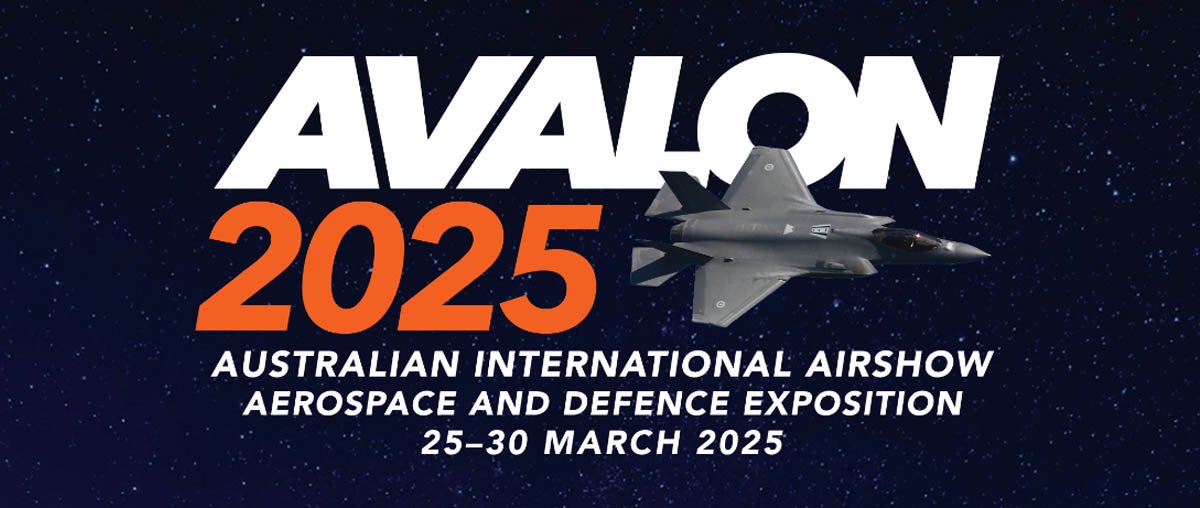In the boundless arena of space, the fusion of zk-SNARKs and blockchain technology is sparking a revolution in satellite communications. This isn’t just about tech upgrades or adding layers of security; it’s about redefining trust and privacy in the cosmos. Imagine a world where sensitive data can travel securely across the vastness of space, shielded from unwanted eyes, yet transparent enough to maintain integrity and trust. This is the promise of combining zk-SNARKs, with their ability to verify data without revealing its contents, and blockchain, with its unbreakable ledger system.
As we venture further into space, the stakes for data privacy and security couldn’t be higher. From military satellites guarding national secrets to commercial satellites that drive our global economy, the need for airtight security is paramount. This article explores how the marriage of zk-SNARKs and blockchain is not just a technical evolution but a leap towards a future where satellite communications are not only more secure and private but also more reliable and efficient. It’s a glimpse into a future where our ventures into space are safeguarded by the most advanced technologies we’ve devised, ensuring that as we reach for the stars, we do so on a foundation of trust and transparency.
Disaster Response Coordination
In the aftermath of natural disasters, coordinating rescue and relief efforts often involves the transmission of sensitive information, such as the locations of survivors or the status of critical infrastructure. zk-SNARKs can protect this information from unauthorized access, ensuring that aid reaches those who need it most without compromising their safety or privacy. In a scenario following a natural disaster, such as an earthquake or flood, disaster response teams could greatly benefit from advanced communication technologies to coordinate rescue and relief efforts. In such situations, the transmission of sensitive information, including the locations of survivors or the status of critical infrastructure, becomes paramount.
To enhance the security and privacy of this crucial information, disaster response organizations could implement a satellite communication system integrated with zk-SNARKs and blockchain technology. This hypothetical system, let’s call it “SecureResponse,” would enable secure and private communication between various stakeholders involved in the disaster relief efforts, including local authorities, international aid organizations, and volunteer groups.
By leveraging zk-SNARKs within the SecureResponse system, coordinators could share sensitive data, such as the coordinates of survivors in need of urgent rescue, without the risk of unauthorized access. This ensures that the information remains confidential and is only accessible to those with the proper authorization, thereby protecting the privacy and safety of the affected individuals.
Furthermore, the integration of blockchain technology would provide a tamper-proof and transparent record of all communications and transactions, enhancing trust among the participating entities. This could streamline the distribution of resources, such as medical supplies and food, ensuring that aid is delivered efficiently and securely to those in need.
Healthcare and Telemedicine in Remote Areas
Satellite communications are pivotal in delivering healthcare services to remote regions. zk-SNARKs can secure the transmission of patient records, medical data, and consultations between healthcare providers and patients, ensuring privacy and compliance with healthcare regulations like HIPAA (Health Insurance Portability and Accountability Act). In a scenario where healthcare services are extended to remote and underserved areas, satellite communications could play a crucial role in bridging the gap between healthcare providers and patients. A system, let’s call it “HealthLink,” could be developed to facilitate telemedicine services, leveraging the power of zk-SNARKs and blockchain technology to ensure the secure and private transmission of medical data.
In this scenario, HealthLink would enable doctors and medical professionals to conduct virtual consultations with patients in remote locations, where access to healthcare is limited. Through the system, medical records, diagnostic images, and other sensitive patient information could be transmitted securely over satellite links. The integration of zk-SNARKs would ensure that this information remains confidential, accessible only to authorized healthcare providers and the patients themselves, thereby maintaining privacy and ensuring compliance with healthcare regulations like HIPAA.
Moreover, blockchain technology could be utilized within HealthLink to create an immutable ledger of medical transactions and consultations. This would not only enhance the integrity and accountability of the telemedicine services provided but also facilitate a seamless and secure exchange of information across different healthcare systems and providers.
Secure Voting Systems
In efforts to expand voting access to citizens living abroad or in remote locations, satellite communications can be used to transmit votes. zk-SNARKs can ensure that these votes are cast and counted without revealing the voter’s choices, upholding the integrity and confidentiality of the electoral process. In a future scenario, a system named “VoteStream” could be developed to facilitate secure and accessible voting for citizens living abroad or in remote locations, utilizing satellite communications. This system would employ zk-SNARKs to ensure that votes are cast and counted without compromising the confidentiality of the voter’s choices, thereby upholding the integrity of the electoral process.
Within VoteStream, when a voter submits their vote via a secure satellite link, zk-SNARKs technology would verify the validity of the vote without revealing the voter’s identity or their choice. This process ensures that each vote is anonymous yet verifiable, preventing any possibility of tampering or fraud. Blockchain technology could further enhance VoteStream by creating a tamper-proof ledger of all votes cast, providing an additional layer of security and transparency.
This approach could significantly expand voting access, allowing citizens who are geographically isolated or residing in other countries to participate in their home country’s elections without fear of their vote being compromised. By maintaining the secrecy of each vote while ensuring its authenticity, VoteStream could foster greater trust in the electoral process and encourage higher voter turnout, making democracy more inclusive and accessible for all.
Environmental Monitoring and Reporting
Satellite communications are key to monitoring environmental changes and reporting violations of environmental protection laws. zk-SNARKs can secure the transmission of sensitive environmental data, ensuring that reports on illegal logging, poaching, or pollution reach the appropriate authorities without risk of interception or tampering. In a future scenario, an initiative named “EcoGuardian” could leverage satellite communications to monitor environmental changes and report violations of environmental protection laws. Utilizing zk-SNARKs, EcoGuardian would secure the transmission of sensitive environmental data, ensuring that reports on illegal logging, poaching, or pollution are transmitted to the appropriate authorities without risk of interception or tampering.
EcoGuardian’s satellite network would continuously scan the Earth’s surface, collecting data on deforestation, endangered species habitats, and pollution levels in water bodies. When the system detects potential environmental law violations, it automatically generates a report. Before transmission, zk-SNARKs technology encrypts the report’s content, allowing only authorized entities to access the detailed findings while verifying the report’s authenticity and integrity.
This approach ensures that environmental monitoring is both comprehensive and secure. By protecting the confidentiality of the data, EcoGuardian encourages whistleblowers and environmental agencies to share information on illegal activities without fear of reprisal. Furthermore, the use of blockchain could create an immutable record of all reports and actions taken, promoting transparency and accountability in environmental protection efforts.
EcoGuardian could significantly enhance the global response to environmental threats, providing authorities with the timely and accurate information needed to combat illegal activities and protect our planet’s natural resources.
Space Exploration and Research
As nations and private entities explore deeper into space, the secure transmission of research data and findings back to Earth is critical. zk-SNARKs can protect the confidentiality of this information, ensuring that groundbreaking discoveries remain secure until they can be properly analyzed and disclosed. In the context of an ambitious mission named “CosmosQuest,” aimed at exploring the outer reaches of our solar system, the secure transmission of research data and findings back to Earth becomes paramount. As CosmosQuest’s spacecraft ventures into uncharted territories, collecting invaluable data on planetary systems, asteroid compositions, and potential signs of extraterrestrial life, the integrity and confidentiality of this information are of utmost importance.
Utilizing zk-SNARKs, CosmosQuest ensures that the data transmitted across vast distances remains protected. This cryptographic protocol encrypts the mission’s findings, allowing only the designated research team on Earth to access the full details of the discoveries. This ensures that groundbreaking data, potentially reshaping our understanding of the universe, is kept secure from potential interceptors or competitors until it can be properly analyzed, validated, and officially disclosed.
The implementation of zk-SNARKs in CosmosQuest’s communication protocol exemplifies how advanced cryptographic techniques can be leveraged to safeguard the fruits of human curiosity and scientific endeavor in space exploration. By ensuring the confidentiality of sensitive information, CosmosQuest can freely share preliminary data with international space agencies and academic institutions for collaborative analysis, without compromising the integrity of the mission’s core discoveries.
This approach not only protects the mission’s intellectual property but also fosters a secure environment for international cooperation in space exploration and research, propelling humanity’s quest for knowledge while ensuring that the data remains untampered and authentic from source to Earth.
Scalability and Flexibility
The integration of zk-SNARKs with blockchain technology in satellite communications not only enhances privacy and security but also offers unparalleled scalability and flexibility. As satellite networks grow and the demand for data transmission increases, blockchain can efficiently manage large volumes of transactions without compromising speed or security. zk-SNARKs ensure that this scalability does not come at the cost of privacy, allowing for the expansion of services without exposing sensitive information. For example, SpaceX’s Starlink satellite internet service plans to deploy thousands of satellites to provide global internet coverage. Utilizing blockchain to manage the vast network of satellites and zk-SNARKs to ensure user privacy, Starlink could offer scalable and flexible internet services while ensuring the confidentiality of user data across its expansive network.
Reduced Operational Costs
By automating key operations and securely managing data through blockchain and zk-SNARKs, satellite communication networks can significantly reduce operational costs. Smart contracts can automate routine tasks such as billing, access control, and compliance reporting, eliminating manual errors and reducing the need for extensive administrative oversight. The European Space Agency (ESA) has explored blockchain for managing satellite data and automating mission operations. By implementing smart contracts for tasks like data purchase agreements and satellite tasking orders, ESA can streamline operations, significantly reducing costs associated with manual processing and data management.
Enhanced User Control and Ownership
Blockchain technology empowers users with greater control over their data, enabling them to decide who has access to their information and under what conditions. When combined with the privacy guarantees of zk-SNARKs, users can securely participate in satellite communication networks, confident in the knowledge that their data remains private and under their control. Blockchain technology’s application in satellite-based Earth observation platforms, like Planet Labs, allows users to have greater control over their data. Users can securely purchase, access, and control who uses their satellite imagery data, with zk-SNARKs ensuring that transactions are verified without compromising the privacy of the data content.
Interoperability Between Systems
The use of blockchain and zk-SNARKs can facilitate interoperability between different satellite communication systems and networks. By establishing a common, secure framework for data exchange, these technologies can enable seamless communication and data sharing between satellites from different operators or agencies, enhancing global cooperation and efficiency. The Space Data Association (SDA) utilizes blockchain to enhance the sharing of space situational awareness (SSA) data among satellite operators. This approach ensures secure and transparent data exchange, improving collision avoidance measures. zk-SNARKs could further enhance this system by allowing operators to verify data authenticity and integrity without revealing sensitive operational details.
Resilience Against Cyber Threats
The combination of blockchain’s distributed ledger technology with the cryptographic security of zk-SNARKs creates a highly resilient framework against cyber threats. This dual-layered approach ensures that satellite communication networks are not only protected against external attacks but also safeguarded from internal vulnerabilities, making the entire ecosystem more robust and secure. Lockheed Martin has incorporated blockchain technology into its satellite operations and supply chain risk management to enhance cybersecurity. By creating a secure, unalterable record of operations and transactions, blockchain, combined with the privacy assurances of zk-SNARKs, can protect against data tampering and unauthorized access, ensuring the integrity and security of satellite communications.
Conclusion
As we stand at the threshold of a new era in space exploration and communication, the integration of zk-SNARKs and blockchain into satellite communications marks a pivotal moment in our journey. This innovative fusion not only fortifies the privacy and security of data transmitted across the vast expanse of space but also heralds a future where trust, transparency, and integrity form the bedrock of our celestial endeavors.
In this rapidly evolving space sector, where the volume of data and the complexity of operations are increasing exponentially, these technologies offer a beacon of hope. They promise a secure, private, and efficient framework for satellite communications, ensuring that as we expand our reach into the cosmos, we do so with the confidence that our sensitive information remains protected against the ever-evolving landscape of cyber threats.
The journey ahead is filled with challenges, but also with immense possibilities. As we continue to explore and harness the potential of zk-SNARKs and blockchain, we are not just enhancing satellite communications; we are laying the groundwork for a future where space operations are more autonomous, intelligent, and above all, secure. This is not just a step forward in technology; it’s a giant leap for the security and privacy of our ventures into the final frontier.







